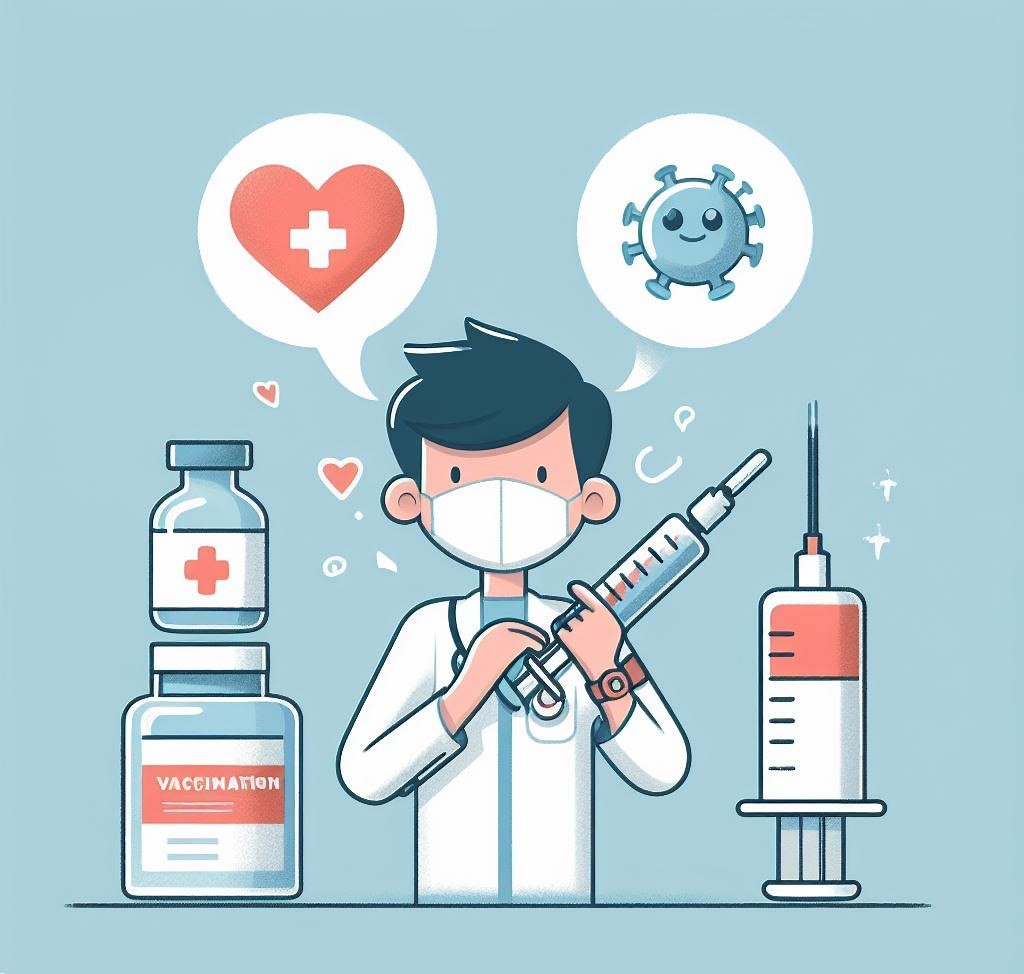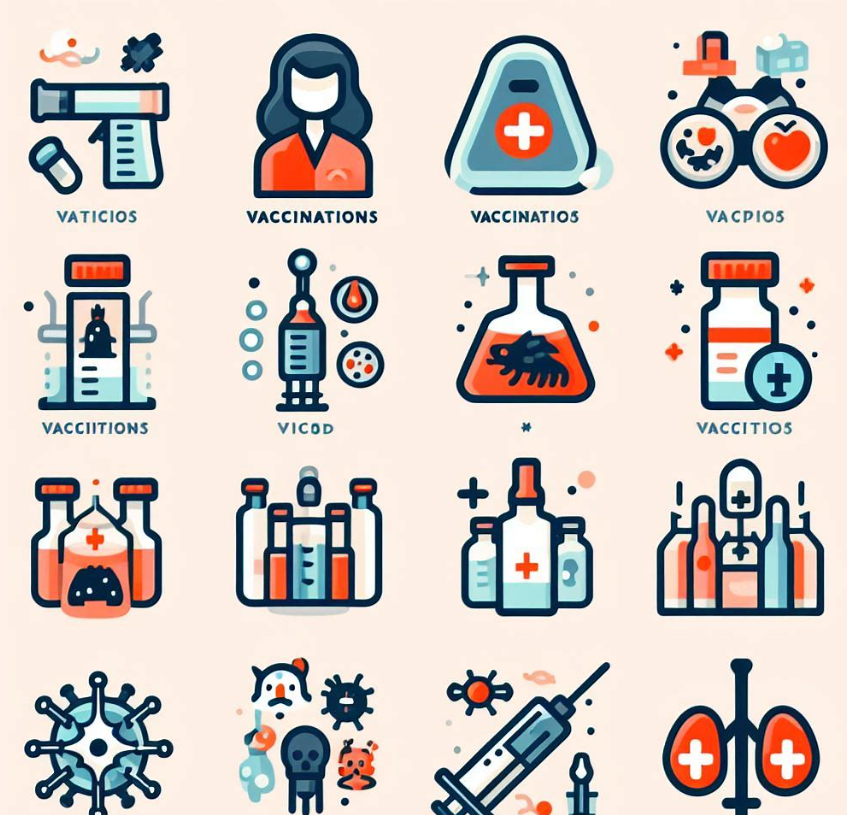Toxoid Vaccines

Toxoid vaccines bring a new way of protecting our health by targeting specific toxins produced by bacteria. Unlike regular vaccines that tackle whole germs, toxoid vaccines focus on disarming the harmful weapons these bacteria wield—their toxins. These toxins, often complex proteins or peptides, can wreak havoc on our body’s normal functions, leading to various harmful […]
DNA Vaccines

In immunology, scientists are continually pushing the boundaries to develop vaccines that are both safe and effective in combating infectious diseases. DNA vaccines represent a significant leap in this effort, harnessing the power of genetic engineering to invoke an immune response against pathogens. These vaccines use pieces of DNA to stimulate an immune response and […]
Conjugate Vaccines

Vaccinations have been one of the most significant advancements in medical science, saving countless lives by preventing infectious diseases. Conjugate vaccines represent a notable leap forward in the immunization field. These vaccines have altered our approach to disease prevention, representing an innovative technology that has particularly improved the body’s immune response to certain bacteria with […]
Development of mRNA Vaccines

At the core of mRNA vaccines is a process that utilizes our cells’ machinery to build a robust immune response. Receiving an mRNA vaccine is akin to getting a set of genetic instructions wrapped in a tiny fatty particle. This mRNA isn’t a live virus but a guide—a messenger conveying the information for our body […]
Subunit and Recombinant Protein Vaccines

Vaccines have played an important role in fighting infectious diseases and improving public health on a global scale. Among the various types of vaccines, subunit and recombinant protein vaccines have garnered increasing attention due to their effectiveness and safety. Understanding Subunit Vaccines Subunit vaccines offer a precise and specialized approach to immunization. Unlike conventional vaccines, […]
The Pneumonia Vaccine and Why It’s Important

Understanding Pneumonia Pneumonia is a severe health condition characterized by the inflammation of one or both lungs. Typical symptoms can range from a cough, often producing mucus or pus, fever, chills, and difficulties in breathing. Additional symptoms may include chest pain, particularly when coughing or breathing deeply, fatigue, and nausea or vomiting, primarily in small […]
Vaccination Challenges in Developing Countries

The Significance of Vaccination Vaccination represents one of the greatest achievements in the history of public health. Providing immunity against pathogens, vaccines build up our bodies’ natural defenses and educate our immune system to fight against specific diseases, resulting in prevention or amelioration of subsequent infections. Smallpox, once a pandemic disease, is now extinct due […]
Understanding Vaccine Types

Understanding vaccines can initially seem complex with the biological terminology and processes involved. To break it down into simpler terms, they can be likened to a training program for a body’s immune system. Similar to how firefighters train regularly to combat fires effectively in real life, vaccines provide a sort of ‘drill ‘ or ‘exercise’ […]
Vaccine Hesitancy

Dissecting the roots of vaccine hesitancy involves understanding a variety of contributing factors. Vaccine hesitancy is a multifaceted issue, deeply rooted in diverse aspects of human behavior and society as a whole. A comprehensive understanding of its causes can provide valuable insights that can help craft strategies to counter this negative trend and revive confidence […]
Vaccination and Allergies

Vaccination, a critical aspect of public health, has not been immune to misconceptions. One prevalent concern among many individuals revolves around the relationship between vaccinations and allergies. Allergies are abnormal reactions of the immune system to usually harmless substances. These substances, known as allergens, are encountered daily and can range from pollen and dust mites […]